According to the Report of the Supreme People's Procuracy , the practice of criminal proceedings shows that there are many difficulties in handling evidence and assets in corruption and economic cases.

Continuing the 8th Session of the 15th National Assembly, on the morning of November 9, the National Assembly discussed in the hall the draft Resolution of the National Assembly on piloting the handling of evidence and assets during the investigation, prosecution and trial of a number of criminal cases.
According to the Report of the Supreme People's Procuracy, in recent years, the fight against crime, including the fight against corruption and economic crimes, has achieved great results, especially in cases and incidents under the supervision and direction of the Central Steering Committee on the prevention and fight against corruption, waste and negativity.
However, the practice of criminal proceedings shows that there are many difficulties and problems, especially in handling evidence and assets in corruption and economic cases.
Many valuable evidences and assets that have been seized, temporarily detained, seized, or frozen for a long time have not been processed early for circulation, causing freezing and wasting resources, affecting the rights and interests of agencies, organizations, businesses, and individuals. In addition, there is a lack of measures for the prosecution agencies to implement from the beginning to prevent the transfer and dispersal of assets before there is sufficient basis to apply the measures of seizure and freezing.
Therefore, to ensure the unblocking of resources, resolve urgent issues, ensure early recovery, and maximize the value of lost and misappropriated assets, the Supreme People's Procuracy has developed and submitted to the National Assembly for promulgation this pilot Resolution.
Discussing at the conference hall, opinions expressed in favor of the necessity of issuing the Resolution, creating a legal basis to remove difficulties and obstacles, improve the effectiveness of the fight against crime, especially economic, corruption and position-related crimes, better ensure the legitimate rights and interests of related organizations and individuals as well as minimize negative impacts on investment, business and socio-economic development.
Commenting on specific contents of the draft Resolution, delegate Tran Khanh Thu (Thai Binh) said that major cases usually last for years. There are assets that should have been handled or handled early during the investigation and prosecution process, but were not handled and waited until the court tried them, which would have caused waste. These assets were not put into use or exploited.

Besides, there are assets that the defendant, the accused, and the victim still want to handle, even at that time the defendant wants to pay money, pay assets to remedy the consequences, to make mitigating circumstances, but must also go to court, at that time the value of the assets cannot be properly assessed, or the assets may be damaged, degraded and unusable.
Therefore, the delegate believes that it is necessary to draft a Resolution to promptly resolve issues arising in practice, create a legal basis for application, consider and promptly handle evidence and assets in cases and lawsuits under the supervision and direction of the Central Steering Committee on preventing and combating corruption, waste and negativity, ensuring effectiveness and compliance with the law, avoiding loss, waste, violations, corruption and negativity, ensuring the legitimate interests of the State, and the rights and legitimate interests of organizations and individuals.
Delegate Nguyen Van Quan (Hau Giang) suggested that the scope of the draft Resolution should be expanded, not just in criminal cases and cases under the supervision and direction of the Central Steering Committee on Anti-Corruption, Wastefulness and Negativity to create fairness and equality for all parties involved in the law.
Participating in the discussion, according to delegate Nguyen Huu Chinh (Hanoi), in the Tan Hoang Minh case, the defendant paid and recovered the amount of more than 8,460 billion VND for the victim immediately after the prosecution. The victim could have been paid immediately, but according to regulations, the above amount must be deposited in the treasury to wait for the court to handle, while the victim wanted to be paid, but more than 2 years after the investigation was completed, the court decided by verdict to pay them. The prolonged time caused frustration and huge losses when the money deposited in the treasury was not circulated.
From this example, according to the delegate, Article 106 of the Criminal Procedure Code stipulates that case evidence can only be handled such as returned, confiscated or continued to be seized at the stage when the case file is transferred to the court.
In practice, many cases are complicated, the investigation and prosecution time is long (some cases take 1-2 years, in some cases more than 2 years) until the court resolves the case, the evidence is the factory, equipment, machinery, vehicles are almost damaged and cannot be used and are just scrap metal, causing waste and huge damage, especially cases related to lending by commercial banks. Therefore, the delegates agree with the necessity of issuing the Resolution.
To increase the feasibility of the Resolution, delegate Nguyen Huu Chinh said that the pilot handling of evidence and assets should not stop and be limited to a number of corruption cases under the supervision of the Central Steering Committee as in the draft. Because, in practice and according to annual statistics, the number of corruption cases accounts for a very small proportion, about 15% of normal criminal cases.

At the end of the discussion session, Chief Justice of the Supreme People's Procuracy Nguyen Huy Tien explained and clarified a number of issues raised by National Assembly deputies.
During the remaining time of this morning's working session, National Assembly deputies discussed in groups the Draft Law on Teachers and the Draft Law on Employment (amended)./.
Source


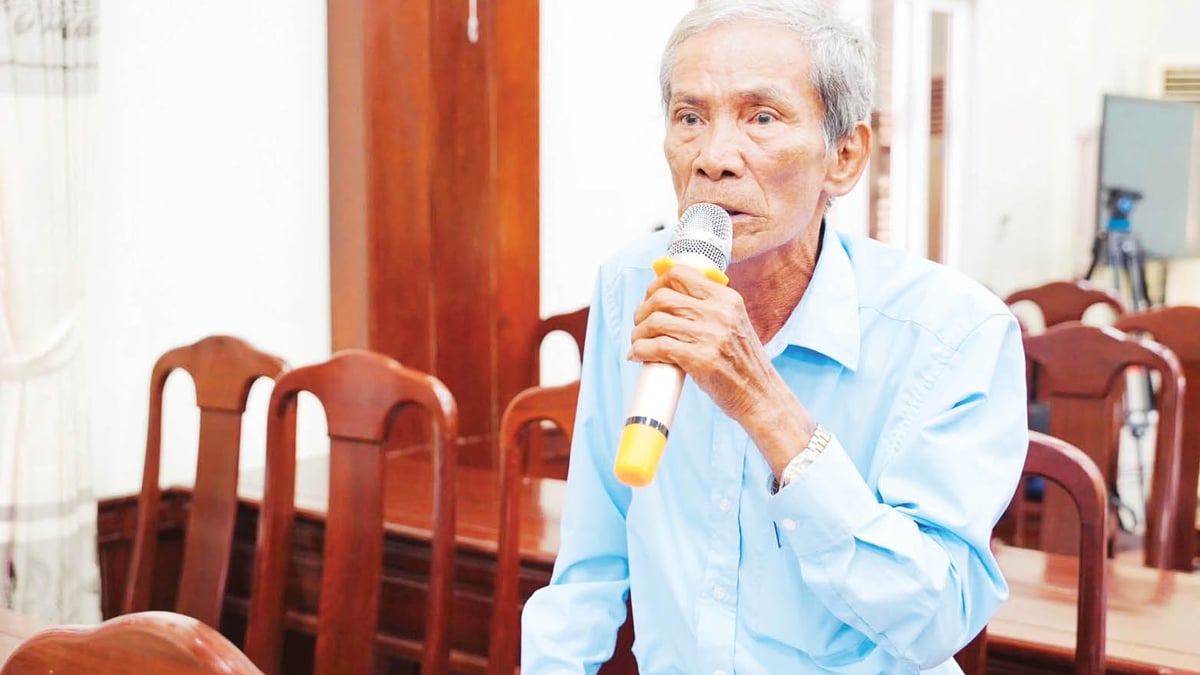
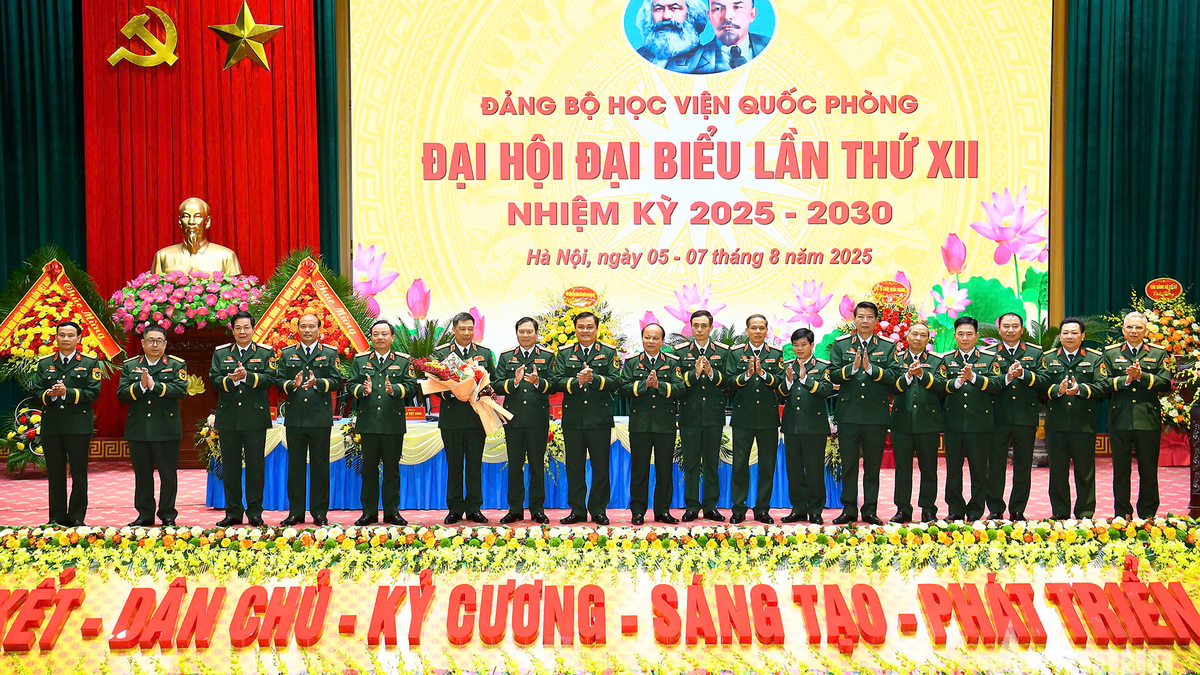
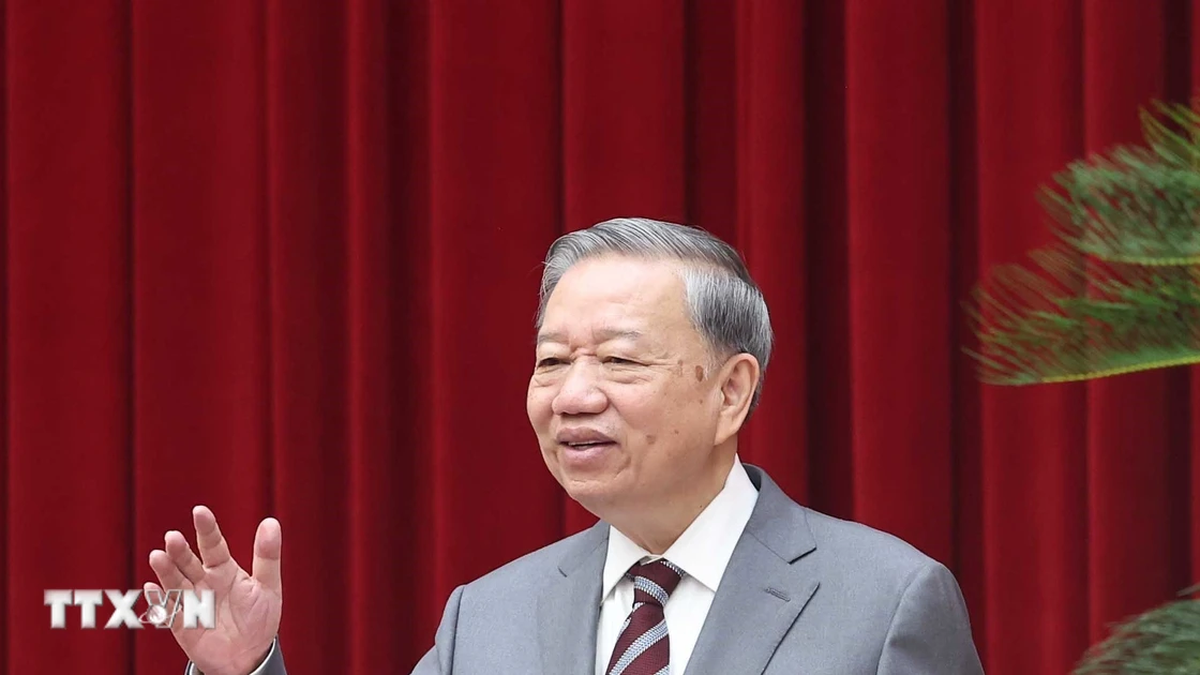
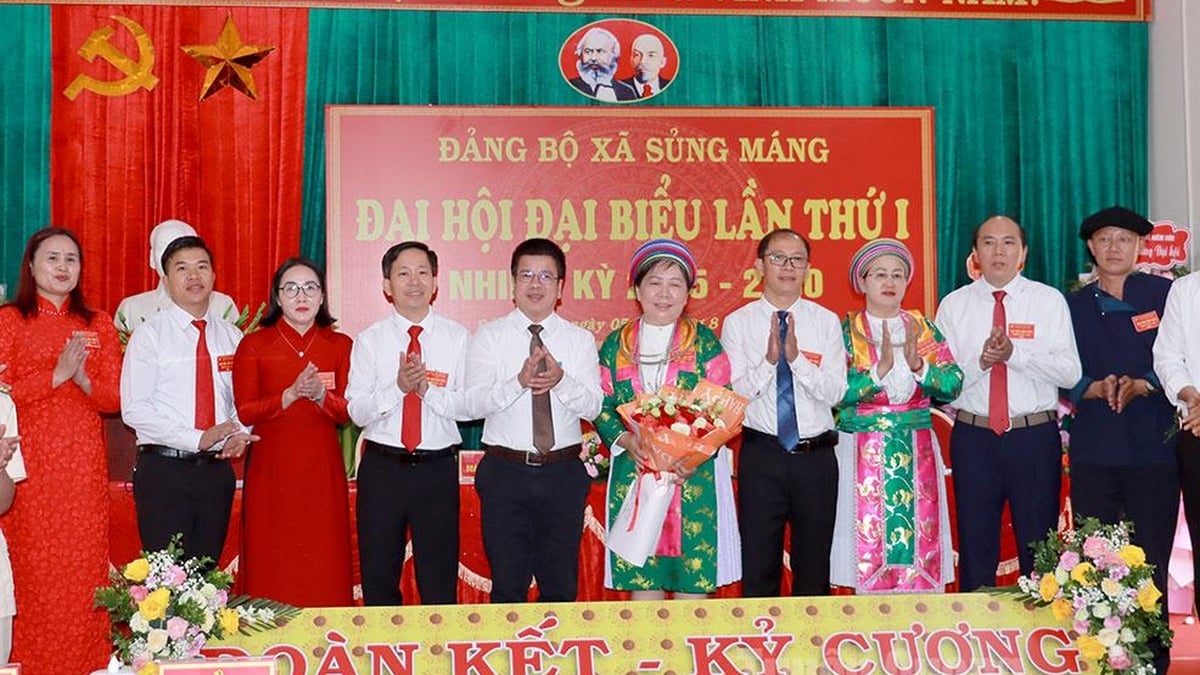
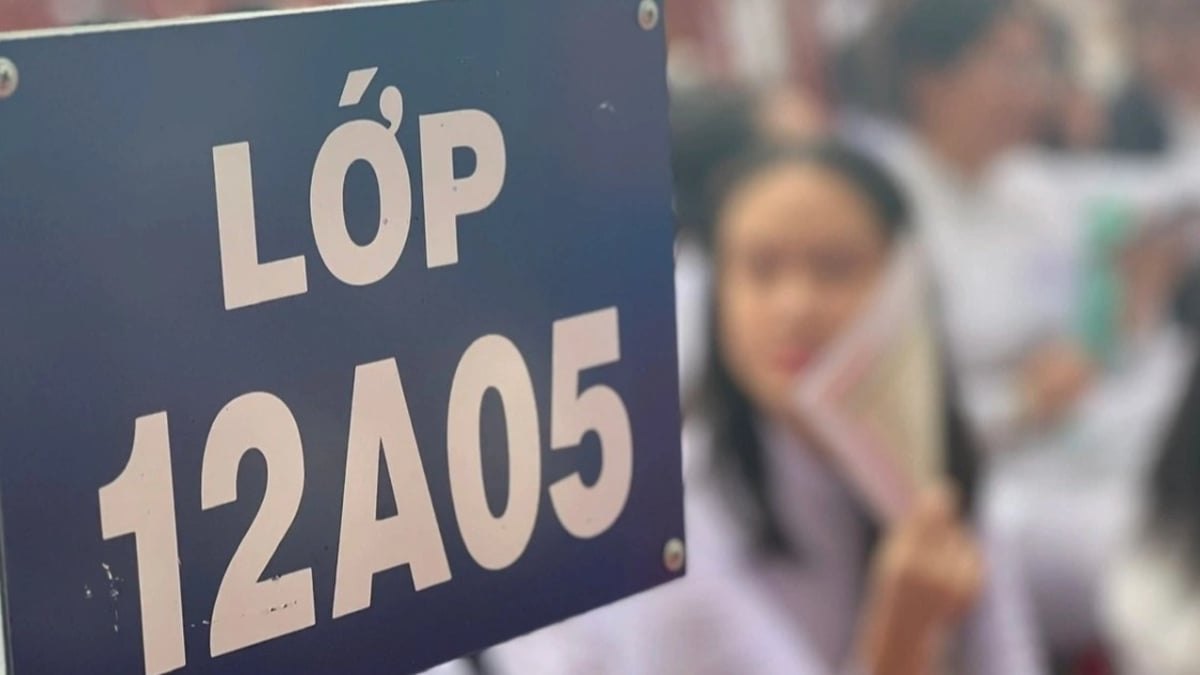

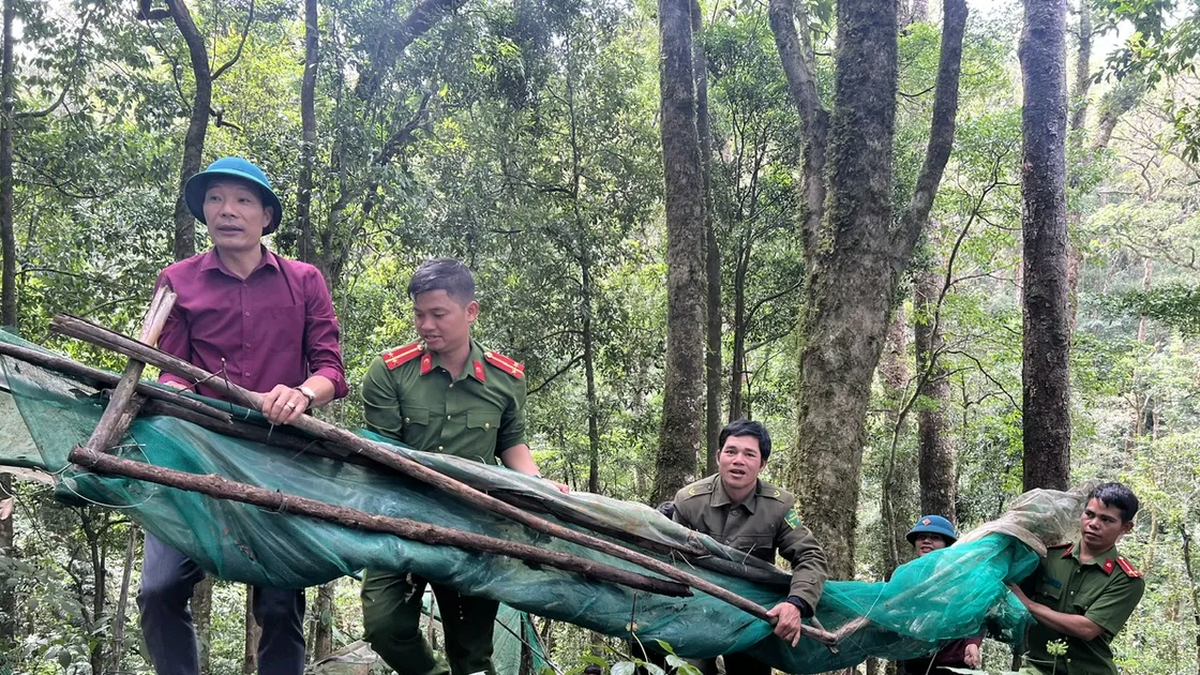
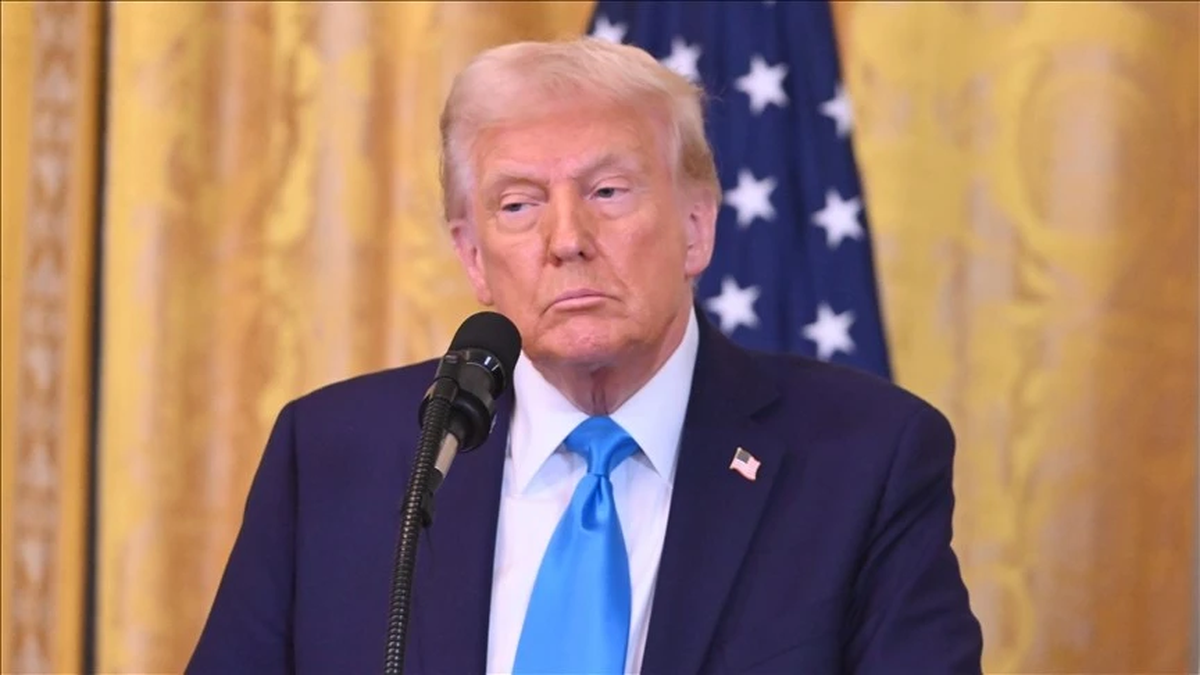
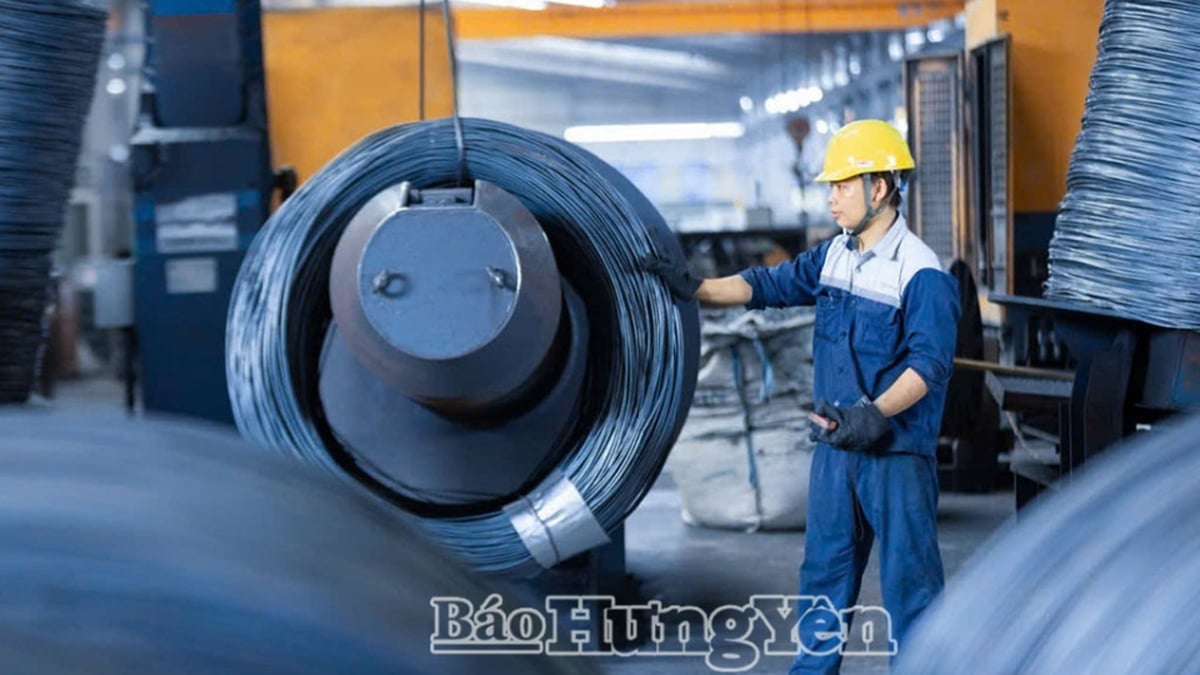












![[Photo] Nghe An: Provincial Road 543D seriously eroded due to floods](https://vphoto.vietnam.vn/thumb/1200x675/vietnam/resource/IMAGE/2025/8/5/5759d3837c26428799f6d929fa274493)






























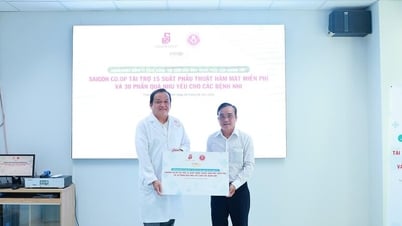

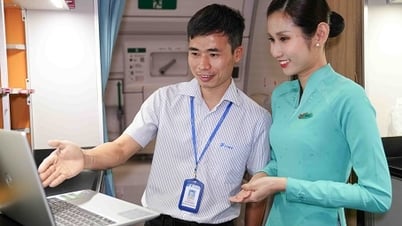



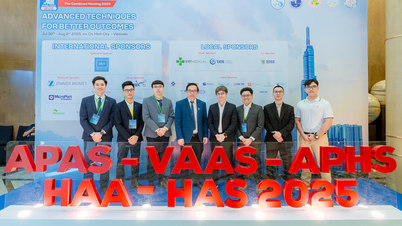
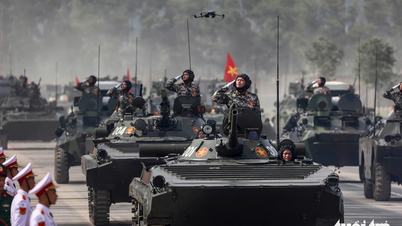

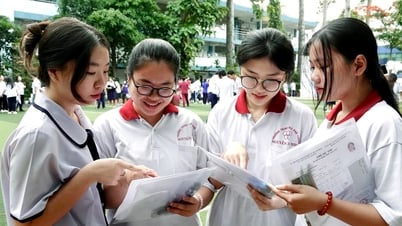
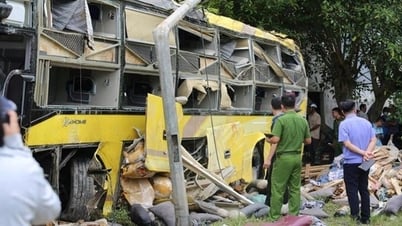



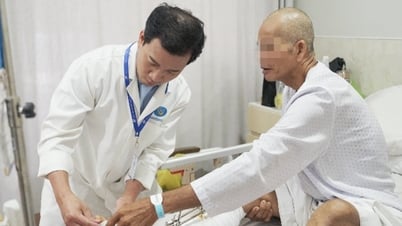
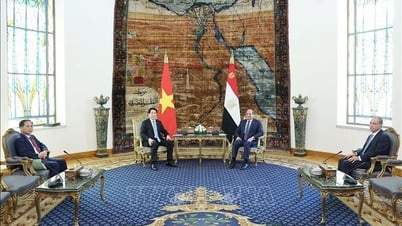

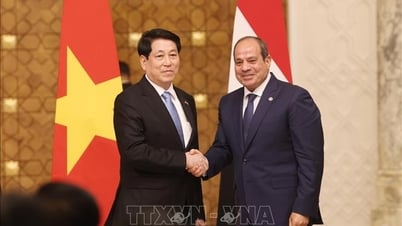
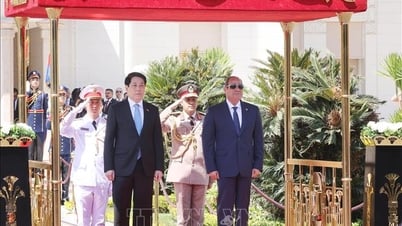
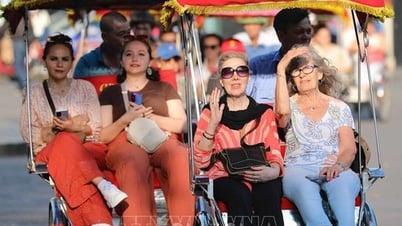
























Comment (0)